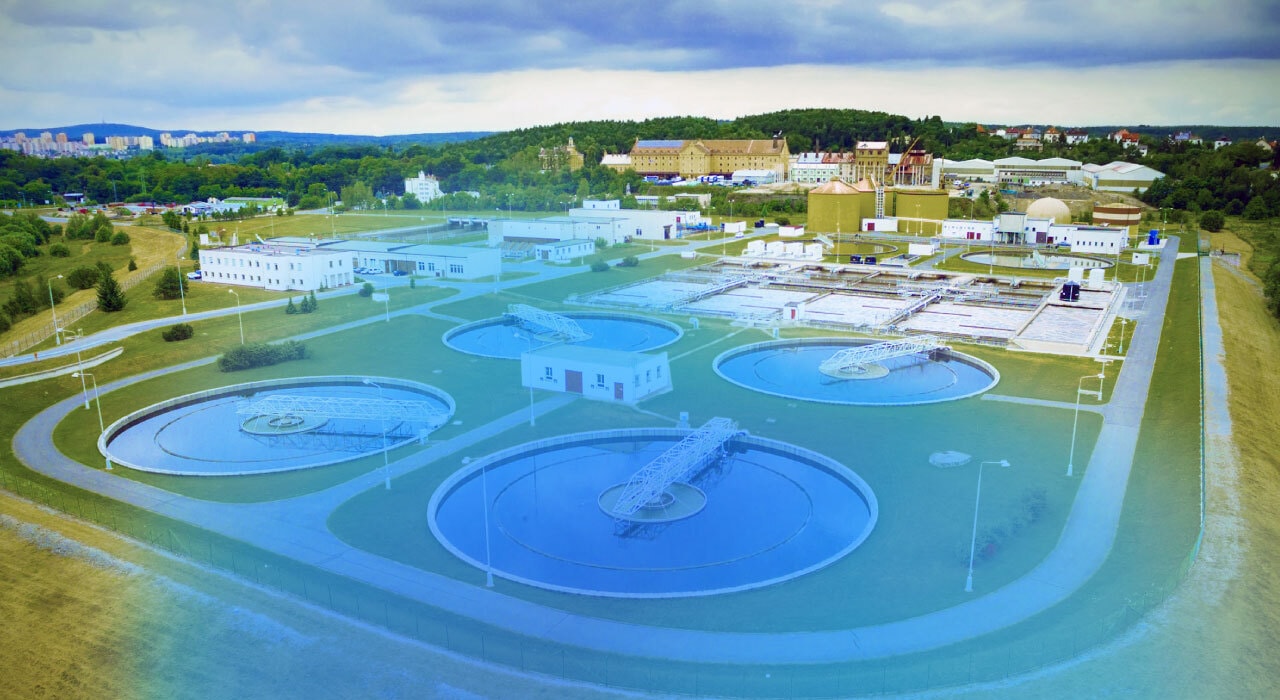Off grid living Yorkshire is gaining traction, presenting a compelling alternative to traditional lifestyles. This burgeoning movement challenges conventional norms, prompting exploration of legal frameworks, land suitability, essential infrastructure, community dynamics, environmental impact, and financial considerations. This article delves into the practical realities and potential pitfalls of embracing self-sufficiency in the Yorkshire countryside.
From navigating complex planning permissions and securing suitable land to mastering off-grid water and energy systems, the journey to self-sufficient living in Yorkshire demands meticulous planning and resourcefulness. This exploration examines the various challenges and rewards, offering insights into successful strategies and potential obstacles encountered by those seeking a life beyond the grid.
Community and Social Aspects of Off-Grid Living in Yorkshire
The burgeoning interest in off-grid living in Yorkshire presents a complex interplay of individual aspirations and communal realities. While the allure of self-sufficiency and connection with nature is strong, the social implications of this lifestyle choice require careful consideration. This examination explores the challenges and benefits of community building within the context of off-grid living in the region, focusing on existing initiatives, cost comparisons, and the potential for sustainable, mutually supportive communities.
Social Isolation and its Impact on Off-Grid Communities, Off grid living yorkshire
The inherent remoteness often associated with off-grid living can lead to social isolation. Reduced access to regular social interaction, limited opportunities for spontaneous encounters, and the absence of readily available support networks pose significant challenges. However, this isolation can also foster a strong sense of self-reliance and deepen connections within the smaller, more tightly-knit off-grid communities that form. The key lies in proactively mitigating the negative aspects of isolation while harnessing the potential benefits of close-knit community bonds.
Successful off-grid communities often rely on strong internal communication networks and a shared commitment to mutual support.
Examples of Existing Off-Grid Communities and Initiatives in Yorkshire
While comprehensive data on established off-grid communities in Yorkshire is limited due to the often private nature of such arrangements, anecdotal evidence suggests several small-scale initiatives. These typically involve individuals or families choosing to live sustainably on smallholdings, utilising renewable energy sources, and practicing permaculture. Their success is largely attributed to careful planning, resourcefulness, and a pre-existing network of like-minded individuals.
The absence of centralized data makes a definitive analysis challenging, but observation indicates that shared skills, knowledge exchange, and collaborative problem-solving are key factors in their resilience. One example might be a small group of families who share tools and resources, exchanging produce from their gardens and collectively maintaining shared infrastructure such as water sources.
Cost Comparison: Off-Grid Living vs. Traditional Housing in Yorkshire
Direct cost comparisons between off-grid and traditional housing in Yorkshire are difficult to quantify precisely. The initial investment in land, building materials (often requiring significant DIY involvement), and renewable energy systems can be substantial. However, ongoing running costs can be significantly lower, particularly in energy consumption. While traditional housing relies heavily on grid electricity and gas, off-grid living often leverages solar power, wood-burning stoves, and rainwater harvesting, reducing or eliminating utility bills.
The cost-effectiveness of off-grid living ultimately depends on the scale and complexity of the setup, the availability of readily accessible resources, and the level of DIY involvement. A well-planned off-grid dwelling could potentially offer long-term cost savings, but requires a significant upfront investment and considerable skill and effort.
Potential for Sustainable Off-Grid Communities in Yorkshire: Shared Resources and Mutual Support
The creation of sustainable off-grid communities in Yorkshire holds significant potential. By pooling resources, sharing skills, and establishing systems of mutual support, residents can collectively reduce costs and enhance resilience. Shared workshops, communal gardens, and co-operative purchasing schemes can dramatically increase efficiency and decrease individual burdens. For example, a community could share the cost and maintenance of a shared renewable energy system or water purification facility, while also benefiting from collaborative farming practices and skill-sharing workshops.
Such collaborative models promote self-sufficiency, foster a strong sense of community, and offer a pathway to a more sustainable and socially connected lifestyle.
Financial Aspects and Budgeting for Off-Grid Living: Off Grid Living Yorkshire

Embarking on an off-grid lifestyle in Yorkshire requires careful financial planning, encompassing both substantial upfront investment and ongoing maintenance. Understanding the costs involved, exploring cost-saving strategies, and identifying potential funding sources are crucial for a successful transition. This section details the financial realities of off-grid living in the region.
Initial Investment Costs for Off-Grid Homes in Yorkshire
Establishing an off-grid home in Yorkshire demands significant upfront capital. Costs vary greatly depending on the scale and complexity of the project, the chosen location, and the level of self-sufficiency desired. A basic estimate, excluding land purchase, could range from £50,000 to £200,000 or more. This includes expenses for renewable energy systems (solar panels, wind turbines), water collection and purification systems, wastewater treatment, insulation, and construction or renovation of a suitable dwelling.
For instance, a relatively modest system incorporating solar PV panels, a small wind turbine, and rainwater harvesting might cost around £50,000. A more ambitious project featuring a larger, more sophisticated system, potentially including a geothermal heat pump and a greywater recycling system, could easily exceed £200,000. These figures are estimates and can vary significantly based on individual project specifications.
Ongoing Maintenance and Operational Costs
Even after the initial investment, regular maintenance and operational costs are unavoidable. These include repairs and replacements for equipment (e.g., solar panels, batteries, pumps), routine servicing, and the cost of consumables like filters and cleaning agents for water purification systems. Annual maintenance could reasonably range from £1,000 to £5,000, depending on the complexity of the systems and the frequency of necessary repairs.
Furthermore, unexpected repairs or system failures can lead to substantial unforeseen expenses. For example, a damaged wind turbine could require a significant repair cost. Careful budgeting for these contingencies is essential.
Comparison of Off-Grid System Costs
The financial commitment varies considerably depending on the chosen off-grid systems. For example, a solely solar-powered system will have lower initial costs than a combined solar and wind system, but might require a larger battery bank to provide sufficient power during periods of low sunlight. Similarly, a greywater recycling system will add to the initial investment but can significantly reduce long-term water bills.
A comprehensive cost-benefit analysis comparing different system configurations is crucial to determine the most financially viable approach. For example, a simple rainwater harvesting system might have a low initial cost but may require significant supplementary water purchases during extended dry periods, while a more expensive system with a larger capacity could reduce this reliance.
Potential Funding Sources and Grants for Off-Grid Projects in Yorkshire
Securing funding can significantly ease the financial burden of establishing an off-grid home. Several potential funding avenues exist, including government grants focused on renewable energy and energy efficiency, low-interest loans from specialized financial institutions, and crowdfunding platforms. Local councils might offer incentives or grants for sustainable projects. Additionally, exploring private investment opportunities and seeking advice from organizations supporting sustainable living could prove beneficial.
Researching and applying for these grants requires thorough preparation and adherence to specific eligibility criteria. The availability and amount of funding can vary based on the project’s specifics and the prevailing government policies. It is essential to thoroughly research the available options and prepare a robust application.
Embracing off-grid living in Yorkshire requires careful consideration of numerous factors, from navigating intricate legal landscapes and securing suitable land to establishing robust infrastructure and fostering a thriving community. While challenges exist, the rewards—greater self-sufficiency, a closer connection to nature, and a potentially lower environmental footprint—can be significant for those prepared to embrace the unique lifestyle. Ultimately, the success of off-grid living hinges on meticulous planning, resourcefulness, and a deep understanding of the Yorkshire environment and its regulations.
Obtain a comprehensive document about the application of off grid living on a boat that is effective.



